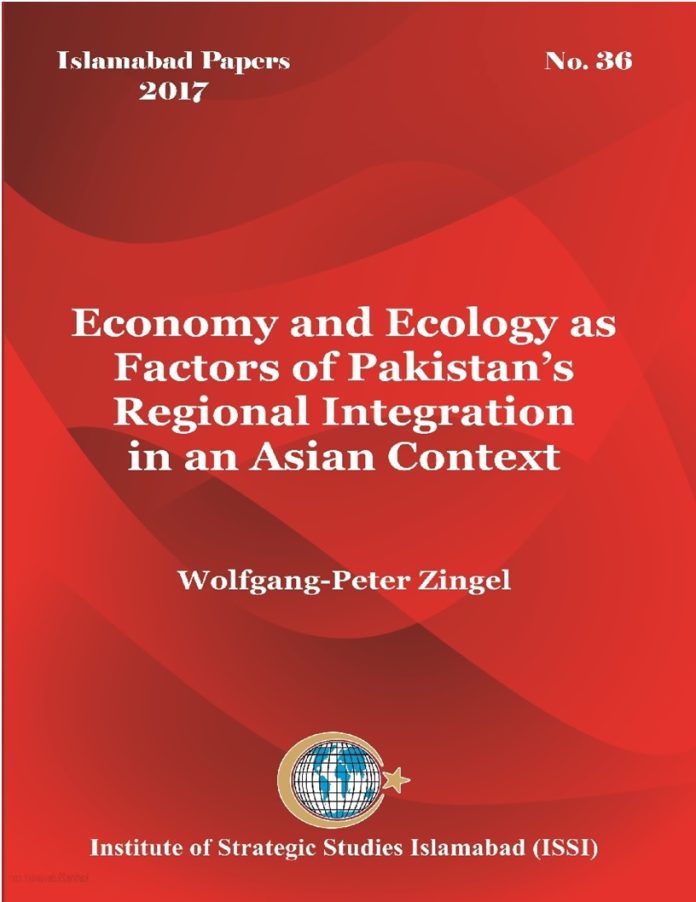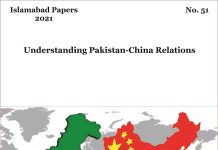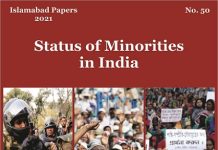Abstract
Pakistan, a new state without any historic precursor came into being as the result of a quest for an independent state for the Muslims of India. India then comprised of British India, i.e. the territories directly controlled by the colonial power, plus hundreds of princely states, tribal and other areas bound to the crown by treaties that left them more or less independent, except in matters of foreign policy and defence. When the British withdrew in 1947, they uno actu released their ‘jewel in the crown’ into independence and created two dominions, i.e. Pakistan and India. The rulers of the rest of India with roughly one third of the territory and one fourth of population were advised to join any of the two, while the colonial power walked away from their treaties and all responsibilities. Independence, thus, meant disintegration of the subcontinent and the integration of the princely states and other territories into the new states. In Kashmir, overlapping interests and perceptions lead to war and a series of conflicts with both claimants looking for outside support. In South Asia, as the subcontinent was called now, none of the attempts at regional integration inside and outside became successful.
This paper[1] follows the idea that economy and ecology play an important role in regional integration in Asia, and looks especially at Pakistan’s relations with the neighbours.















